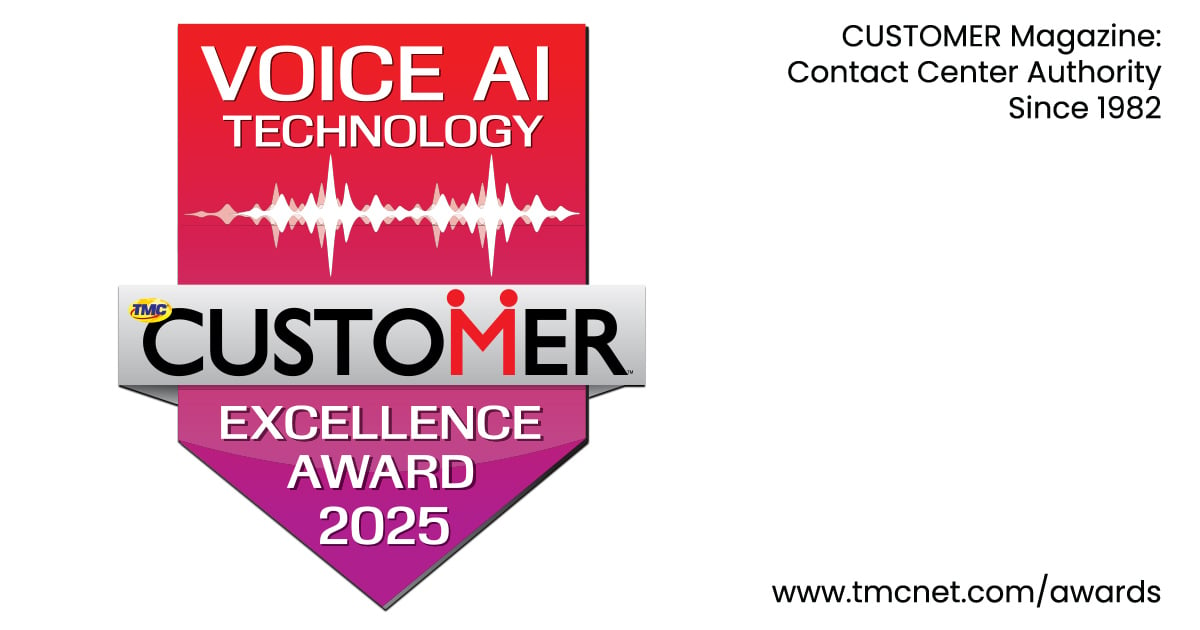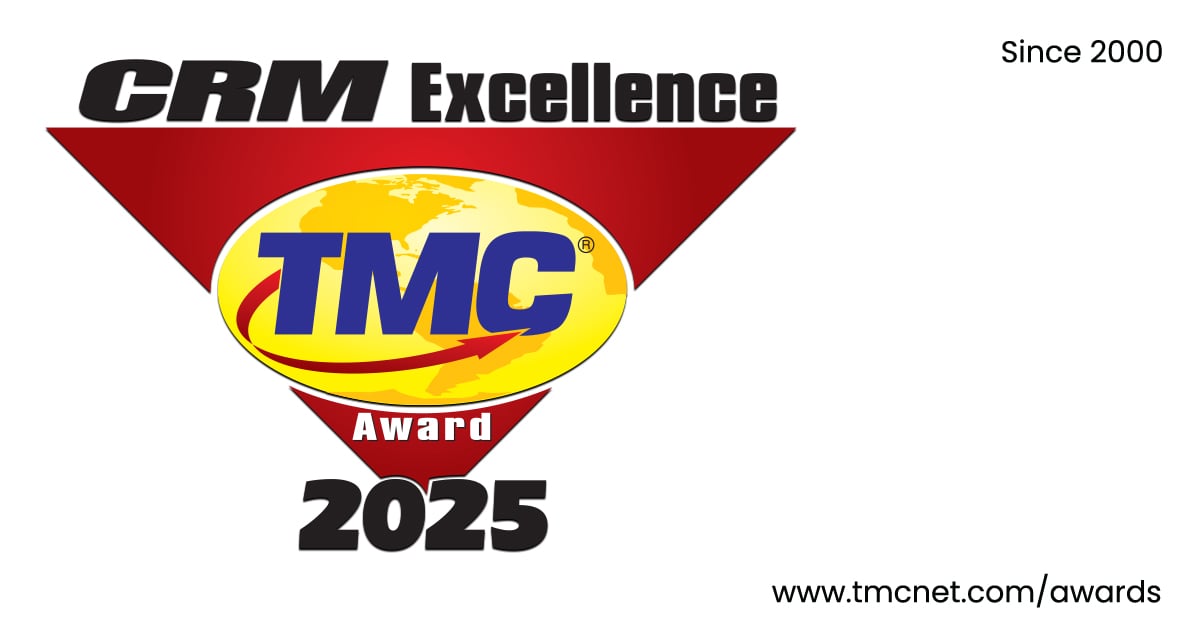
Every business today must place a great emphasis on constantly searching for an edge. The competition is so fast and broad that one moment’s rest can mean that your company slips behind and never has the ability to catch up. Every key area of the business must be focused on and supplied with the best people, strategies and tools. In our connected world companies must also realize the importance of managing information and how this can shape their business and ultimately lead to greater success.
Today there are so many aspects to managing data that companies can get overwhelmed and unsure of how to proceed. At the head of the discussion are the tools that a company should use to do data ingestion and management.
Today companies must consider content management systems and knowledge management systems as primary choices. Both are robust and offer great benefits to organizations who deal with lots of data. And although their functions and capabilities overlap, there are clear distinctions between the two types of systems that offer different benefits and features. Understanding the difference and selecting the right one for your organization can make a huge difference. Here are the differences between the two types of systems and how they can benefit your organization.
Understanding Content Management and Knowledge Management Tools
Companies use content management systems (CMS) to store, manage and deliver data files including documents, projects, webpages, websites, and videos. They perform one or two functions well and good examples are Dropbox or Google Drive. They are however limited in their functionality and organizations will often depend on them to provide functions that they are not really good at and that potentially put their content at risk from s security standpoint.
Knowledge management systems (KMS) will typically include all of the functionality of a content management system and also the information around the content comprehensive set of data that will likely be important to an organization. This additional data can be captured, updated, and maintained in a single repository where anyone can curate or update the information in real-time. This allows for conversation and collaboration among team members and others.
CMS vs KMS
Both content and knowledge management systems are tools that manage and disseminate information. Yet each systems has key differences that make them dissimilar.
Who Can Author Content
CMS focuses on a specific group of defined content authors and reviewers. This can be very limiting and again contributes to its focus on pushing content. One of the strengths of KMS is that it allows every member of a company to author and review content. Organizations can even allow parties outside of their organizations to author and review.
Regularity of Updates
One of the most critical features for an organization is how often updates occur within the CMS or KMS system. With frequent updates, the organization can always be up to date. CMS systems typically are housed on websites and are updated regularly and periodically. KMS systems thrive on updates and utilize them as a core feature. In fact, they are a byproduct of integrating with the system which is usually daily so you get daily updates.
CMS - Provides Data while KMS Provides Knowledge and Collaboration
Those who contribute in a content management system can share and manage their information. It does not have any additional aspects that can be utilized to connect with or engage users. This is an issue if the goal is to use the information to train or to attract customers. In addition to managing the content, a knowledge management system focuses on making sure content is interpreted correctly and that relationships are made via the content. These tools focus heavily on collaboration and participation.
CMS - Information is Pushed vs KMS Information is Exchanged
With the internet prioritizing information to be shared and an eange created by those reviewing the information, CMS systems are challenged because they typically utilize a push strategy where information is sent one way with no return or exchange sought. KMS systems by contrast are exchange platforms providing critical interaction and information that allows participants to become more productive.





